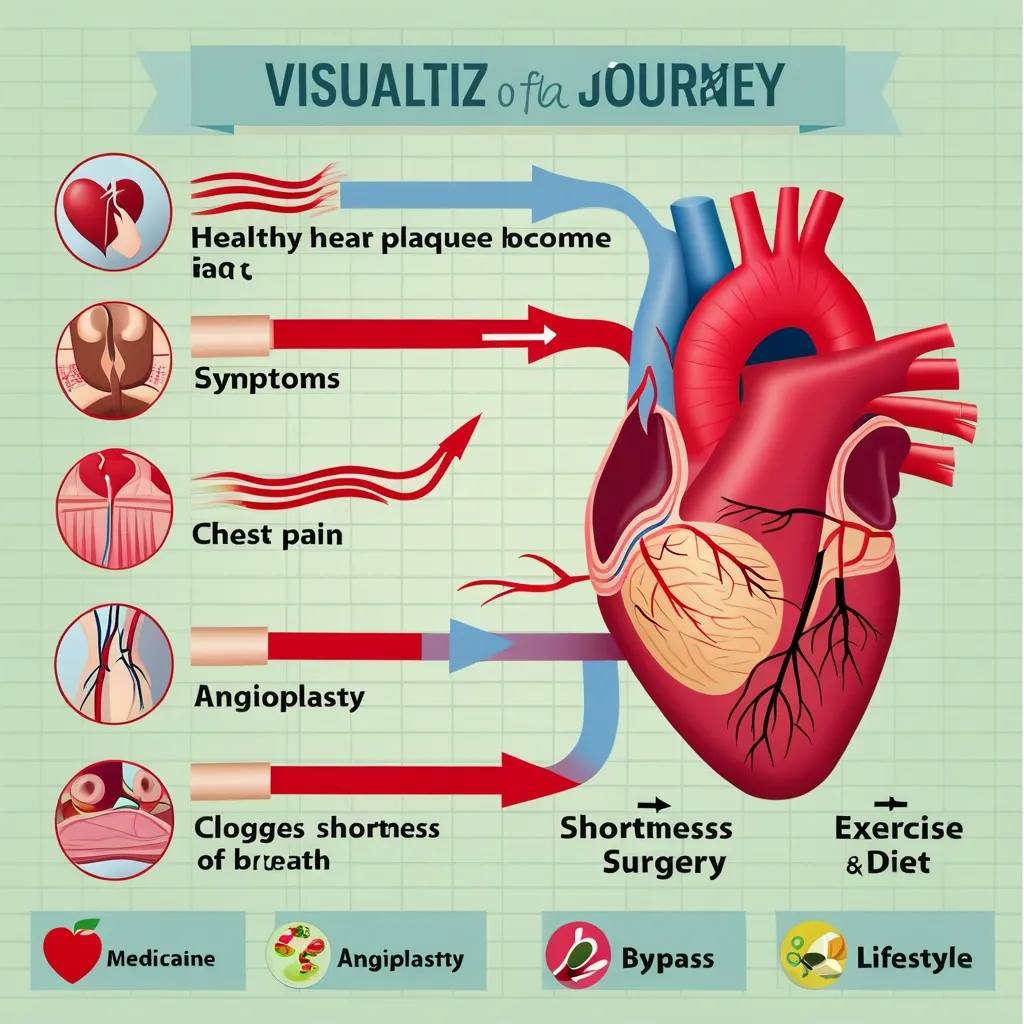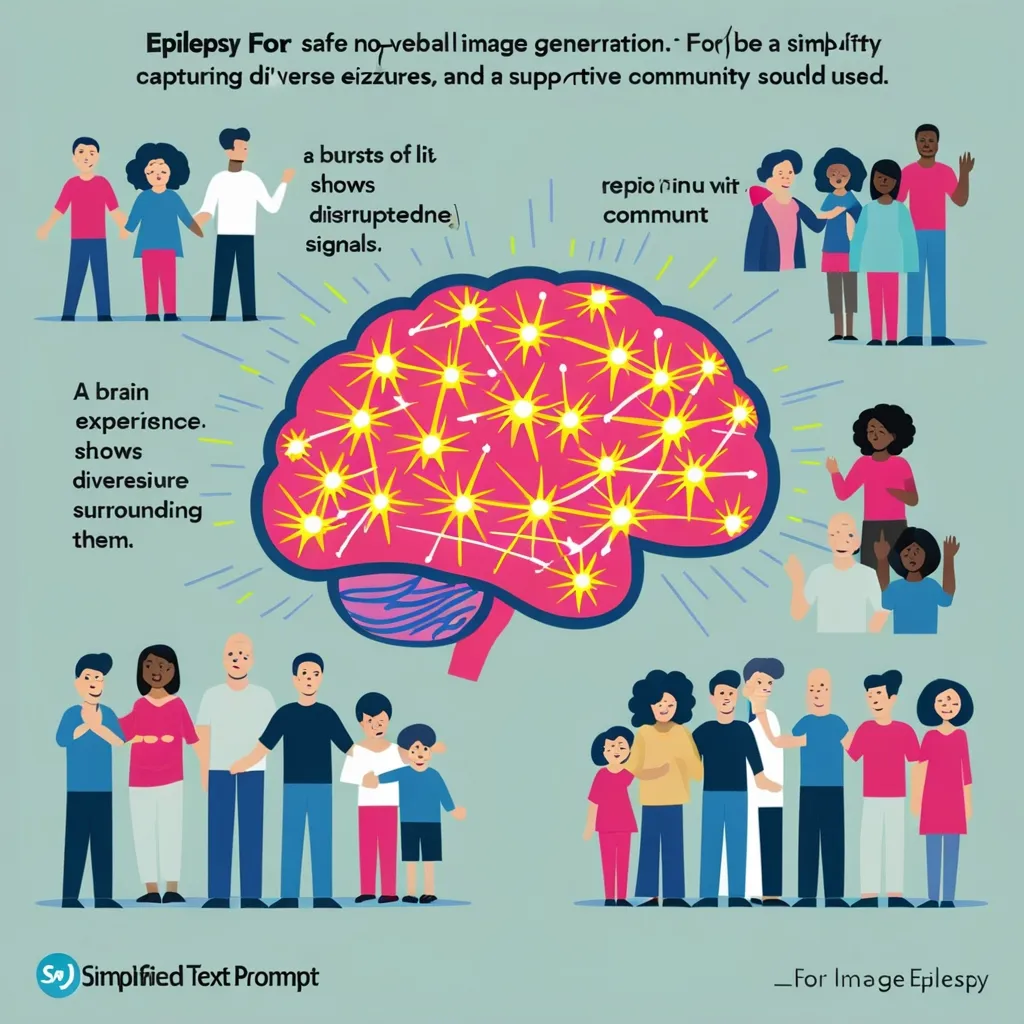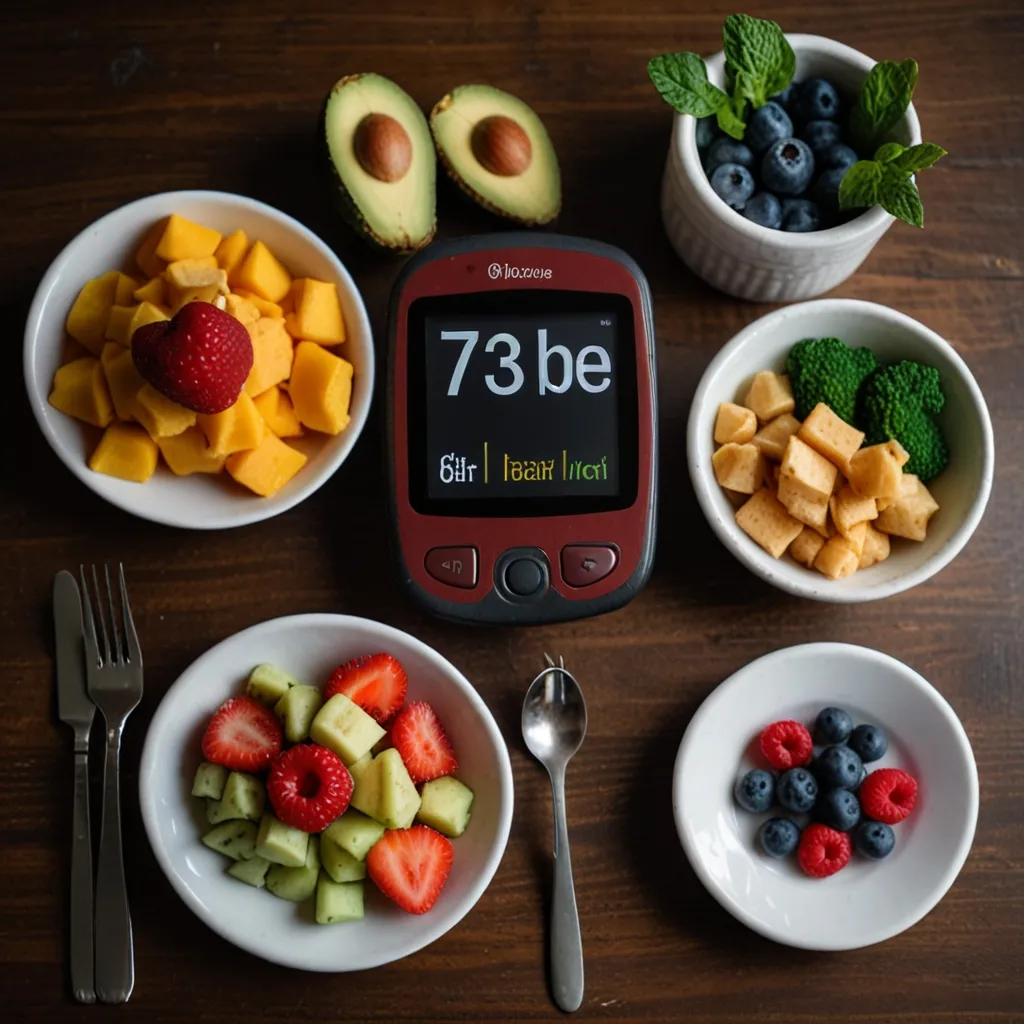Managing depression is like navigating a winding road; it takes a mix of professional guidance, self-care, and support from those close to you. The important thing to know is that depression is treatable, and there are many effective ways to tackle it.
First up, getting help from a healthcare professional is a must. Depression shows up differently for everyone, and only a pro can nail down what’s really going on and suggest the best treatment. This could mean therapy, meds, or a combo of both. Therapies like cognitive behavioral therapy (CBT) help you catch and change harmful thoughts, while meds can balance brain chemicals affecting mood and emotions.
But don’t stop there; self-care is a big piece of the puzzle. Think about it like this: a healthy diet, regular exercise, and good sleep are your allies. Exercise, for example, gets those natural mood-boosting endorphins flowing. Keeping your plate full of fruits, veggies, and whole grains can also lift your spirits.
Cracking open a self-help book could be just as helpful as traditional therapy for some. Bibliotherapy is all about picking the right reads to help manage mental health. Many folks find practical tips and daily strategies in these books that can make a real difference.
Staying connected with friends and family can’t be stressed enough. Social support is essential for bouncing back. Sharing your feelings with people you trust can make you feel less isolated. Plus, joining support groups or online communities can offer a sense of camaraderie and understanding.
Mindfulness and relaxation techniques like meditation and deep breathing are worth exploring. These practices can help dial down stress and anxiety, often tied to depression. You can find guided sessions and apps to help weave these practices into your routine.
Remember, there’s no one-size-fits-all answer for managing depression. What works wonders for someone else might not be your thing. It’s about trial and error, finding the right mix of treatment and strategies that suit you.
For some people, brain stimulation therapies like electroconvulsive therapy (ECT) or transcranial magnetic stimulation (TMS) might be necessary, especially if other treatments haven’t worked. These procedures are handled by trained professionals.
Daily activities that bring joy can also be game-changers. Whether it’s diving into a hobby, basking in nature, or doing what makes you happy, these little things can brighten your mood. Trying to avoid major life decisions during tough times is also a smart move to cut down on stress.
Being patient and persistent is crucial. Recovery is a journey, full of ups and downs. Keeping a journal to note progress and triggers can be super helpful. Leaning on mental health pros and loved ones makes navigating these bumps easier.
To wrap it up, managing depression is all about combining professional help, self-care, social support, and a hefty dose of patience. With these elements in play, finding ways to cope and improve life becomes a reachable goal.






